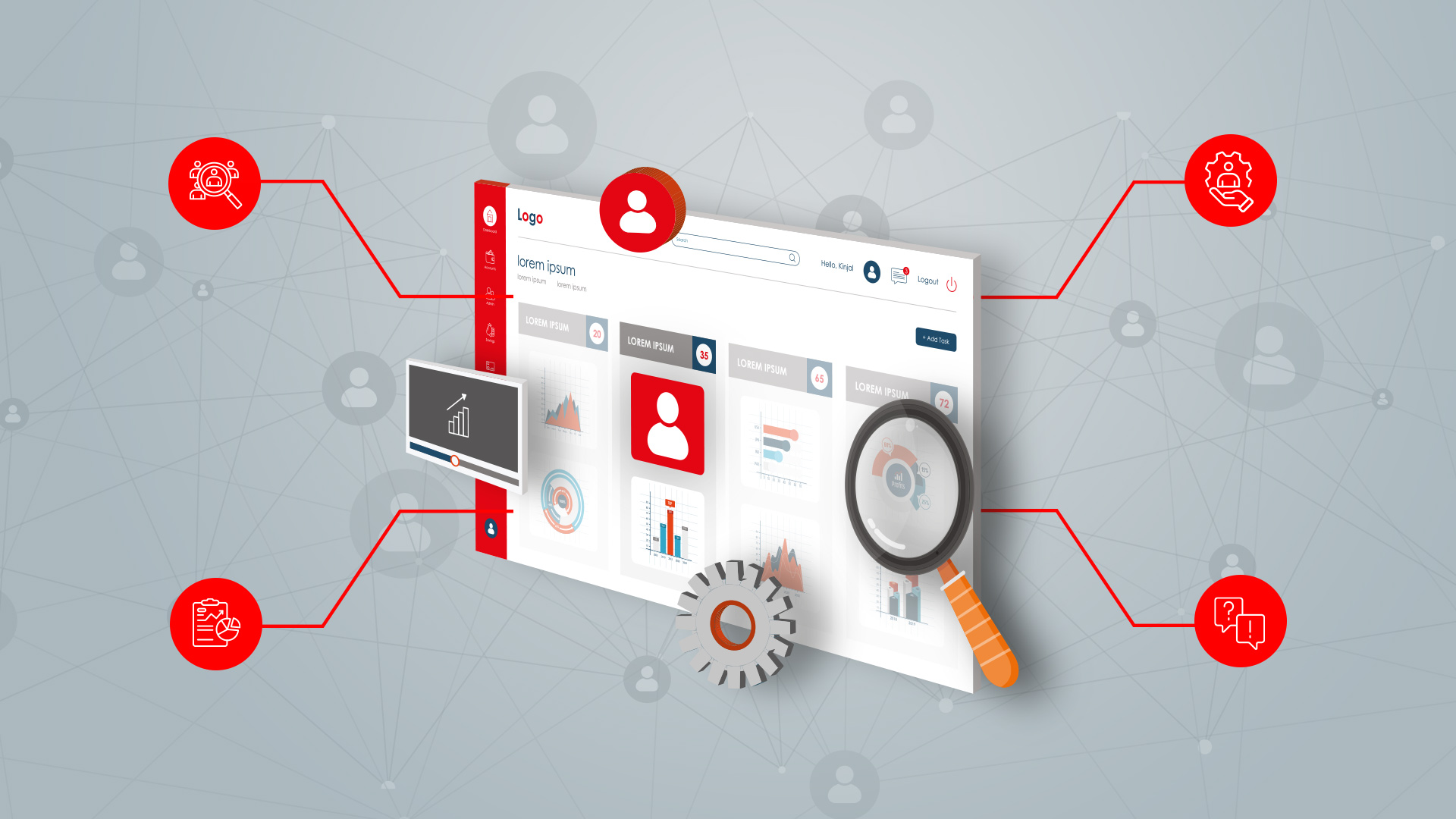Imagine your sales CRM as a perfectly cataloged and precisely labeled filing cabinet. Similarly, this system centralizes all vital information about your customers, from their contact details to their purchase history and preferences. Here we share some benefits of a sales CRM for your business.
Centralize all customer information
A CRM provides you with a complete view of each customer, including their interaction history with your company. This tool allows you to offer more personalized and efficient service by having all relevant information at your fingertips. You can centralize:
- Contact information
- Sales history
- Preferences
- Interactions of each customer such as phone calls, emails, chats, website visits, etc.
Segment databases
You have the possibility to organize your customers into groups with similar characteristics, so you can send them personalized and relevant messages that will capture their attention. Some advantages of segmenting your database are:
- Higher open rate. Customers are much more willing to open emails that cater to their needs and preferences. A CRM not only helps you manage sending to different segments but also keeps your target audience information up to date. This allows you to share relevant content and personalized messages for each group.
- Team coordination. Facilitates synergy between sales, marketing, and customer service teams by providing a unified platform for sharing information and tracking.
- Higher conversion rate. Customers are more likely to purchase products or services when they receive emails that are personalized and relevant to them.
Increase productivity and sales
It helps you identify the most profitable sales opportunities by analyzing your customers’ behavior and needs. At the same time, it allows you to automate repetitive tasks such as lead management, email sending, and appointment scheduling. This allows you to save time and focus on activities that really matter, such as closing more sales and retaining your customers. Other advantages include:
- Lead scoring. Allows you to qualify leads based on their purchase potential. Filtering leads received from your website helps focus on the most promising ones and increase the conversion rate. Meanwhile, unqualified leads can be managed through automatic responses.
- Email sending. You can create email templates for different types of messages, such as purchase confirmations, thank you for your purchases, or information about new products.
- Appointment scheduling. A CRM allows you to integrate a calendar to schedule appointments with your customers automatically. This helps you save time and avoid confusion.
Power up your business with an efficient sales CRM
Effectively integrating a CRM can give your company a renewed boost in performance and efficiency. However, choosing the ideal CRM for your business is key. It is essential to carefully analyze the various options available to ensure they align with your specific needs. Stay tuned! Soon we will be explaining in detail the advantages and disadvantages of the most prominent CRMs on the market.


